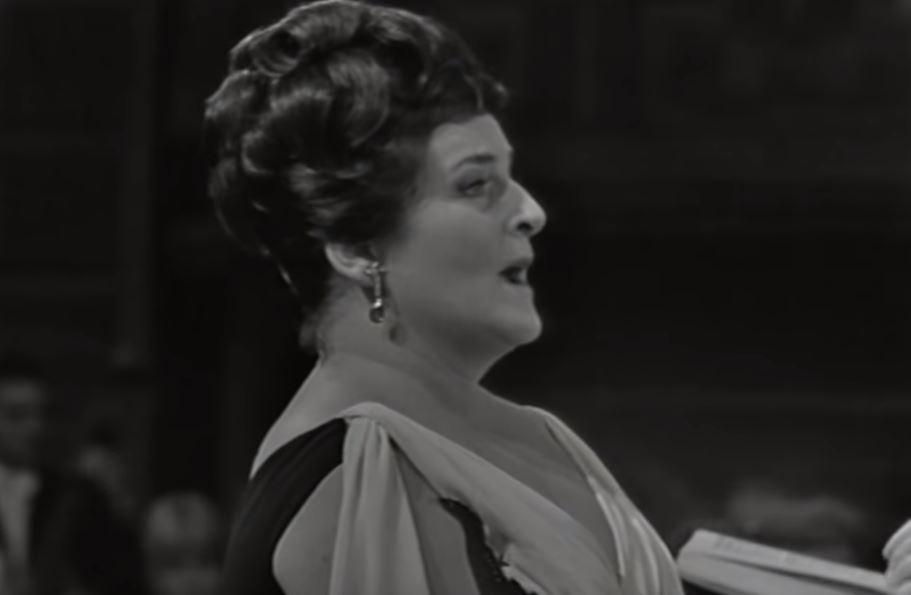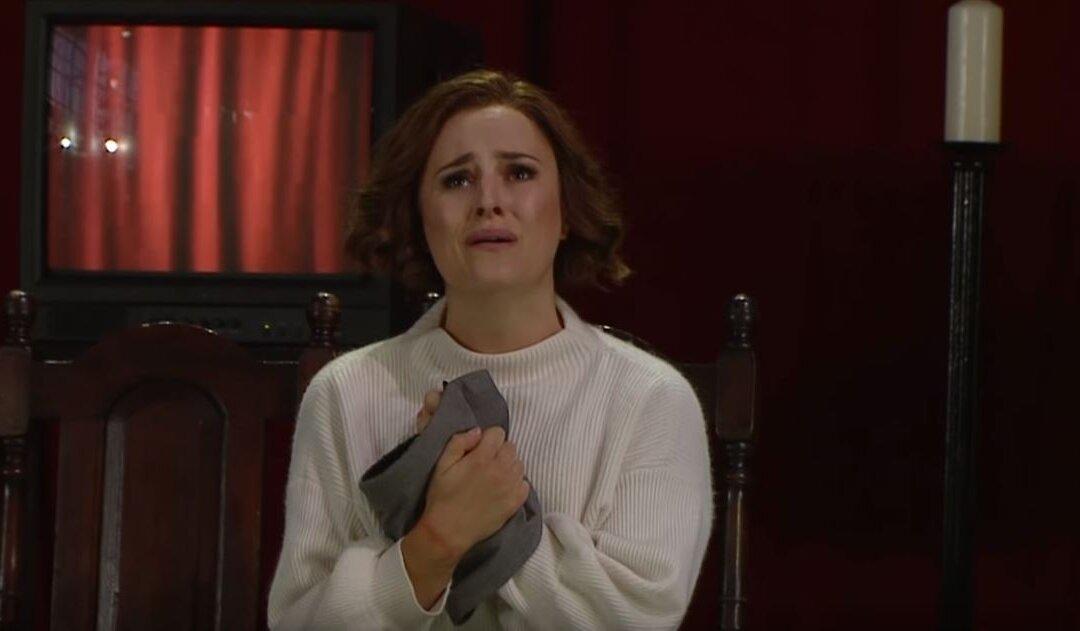Who Is This Really About?
The history of opera—and of the plays on which they’re often based—is inextricably tied to the history of censorship. For most of the last 400 years, composers, librettists, and playwrights who have tested the boundaries of morality and taste have had to rewrite their works to get them past official censors.The main characters in Victor Hugo’s “Le Roi s’amuse" are the 16th century King Francis I and his jester Triboulet. Despite the three centuries between the action of the play and its first performance in Paris in 1832, the French government banned it after one evening, believing that the insults directed towards Francis I were in fact references to the reigning king, Louis-Philippe I.


